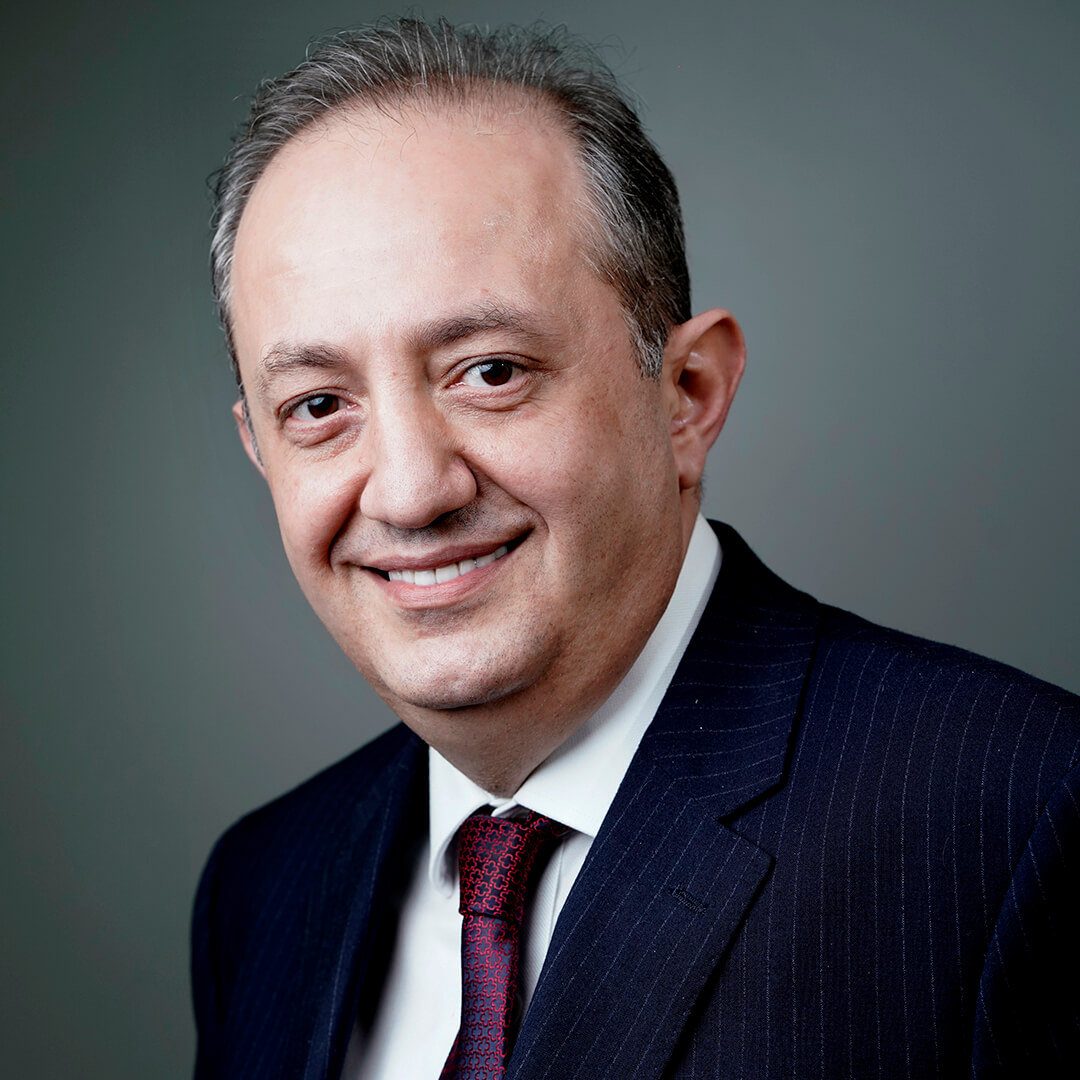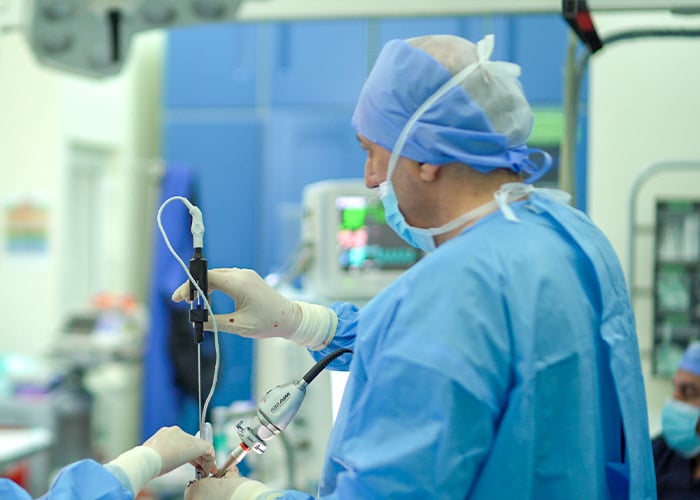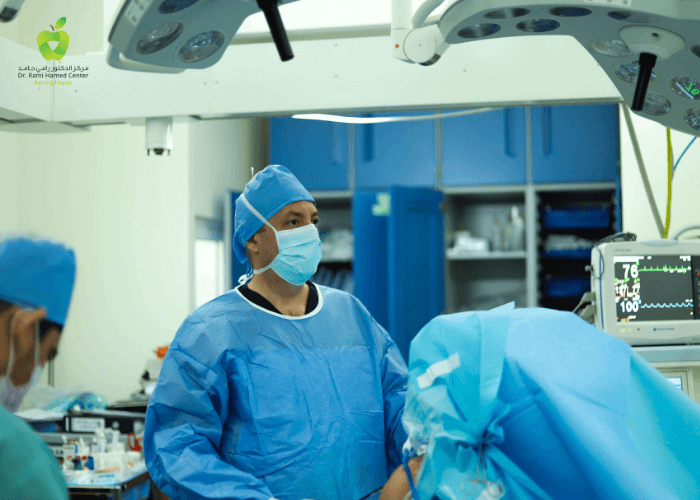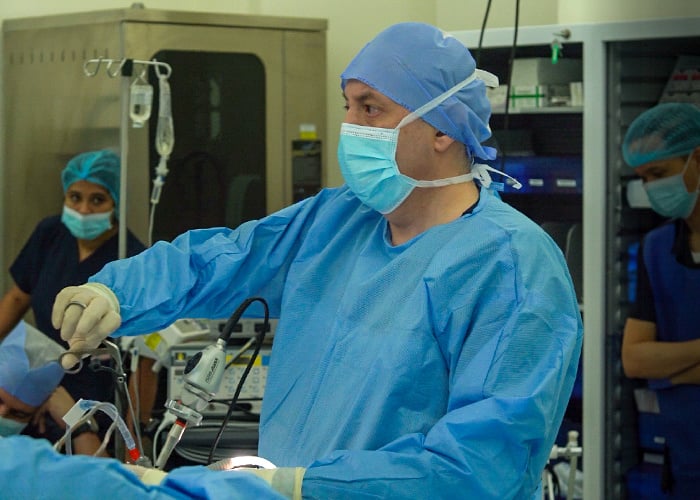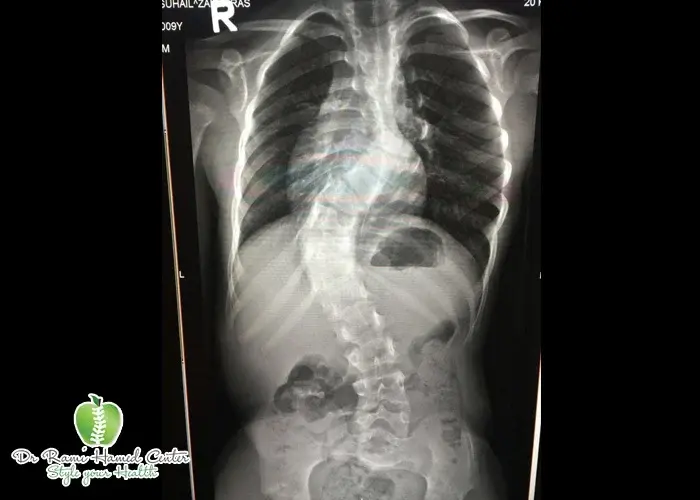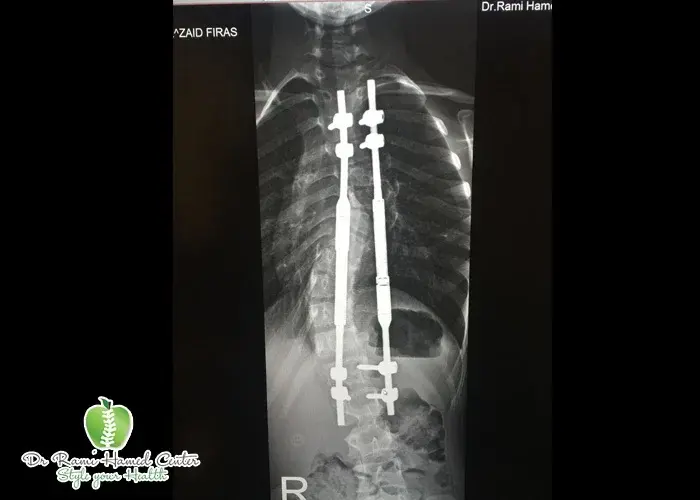- Home
- About Us
- Our Doctors
- Specialties
- Audiology
- Breast Cancer
- Cardiology
- Cosmetic Surgery
- Dentistry
- Dermatology
- Endocrinology and Diabetes
- Emergency Services
- Gastroenterology
- General Medicine
- General Surgery
- Homeopathy
- Imaging and Radiology
- Internal Medicine
- Medical Nutrition
- Neurology
- Obstetrics and Gynecology
- Otolaryngology (ENT)
- Orthopedic Surgery
- Ophthalmology
- Pulmonary Medicine
- Pediatrics
- Physiotherapy
- Psychiatry
- Rheumatology
- Sexual Wellness (Andrology)
- Spinal Surgery
- Thoracic surgery
- Urology
- Venereal Diseases
- Vascular Surgery
- Insurance
- Health Packages
- Basic Health Checkup
- Presidential Health CheckUp
- Cardiology Packages
- Basic Gynecology Package
- Antenatal Care Packages
- Well Women Health Packages
- STD Test Packages
- Breast Cancer Awareness
- Basic Ophthalmology Package
- Comprehensive Ophthalmology Package
- Urology Packages
- Immigration and Second Nationality Medicals
- Surgical Packages
- Imaging & Radiology



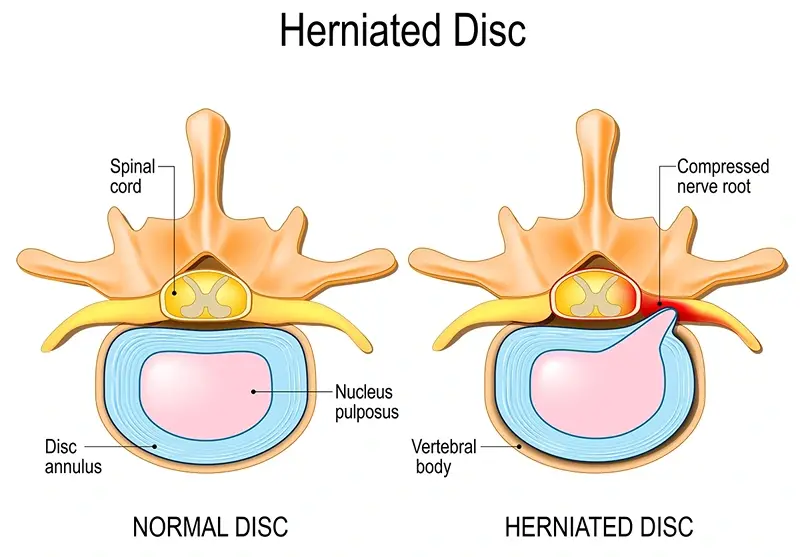
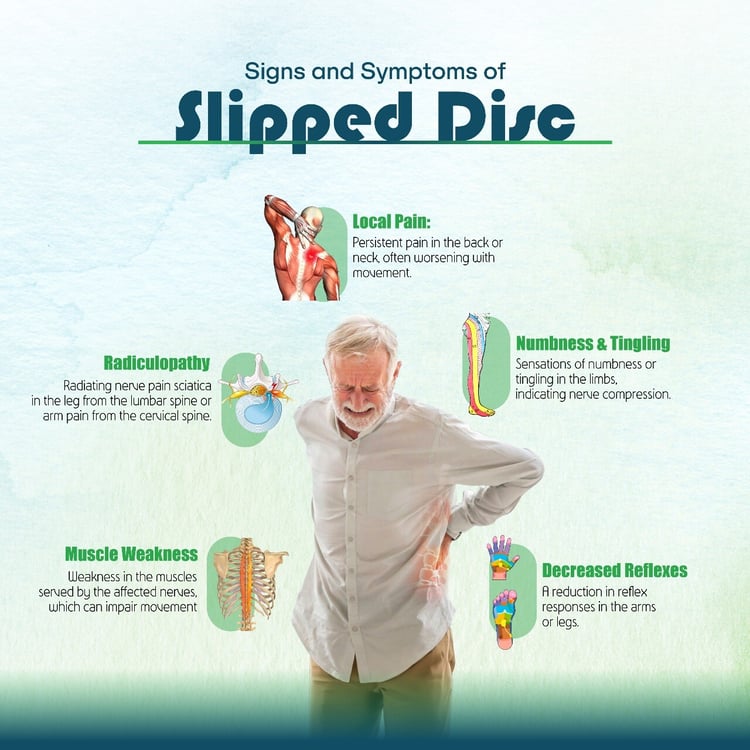
.png?width=281&height=59&name=bookanappointment%20(1).png)
